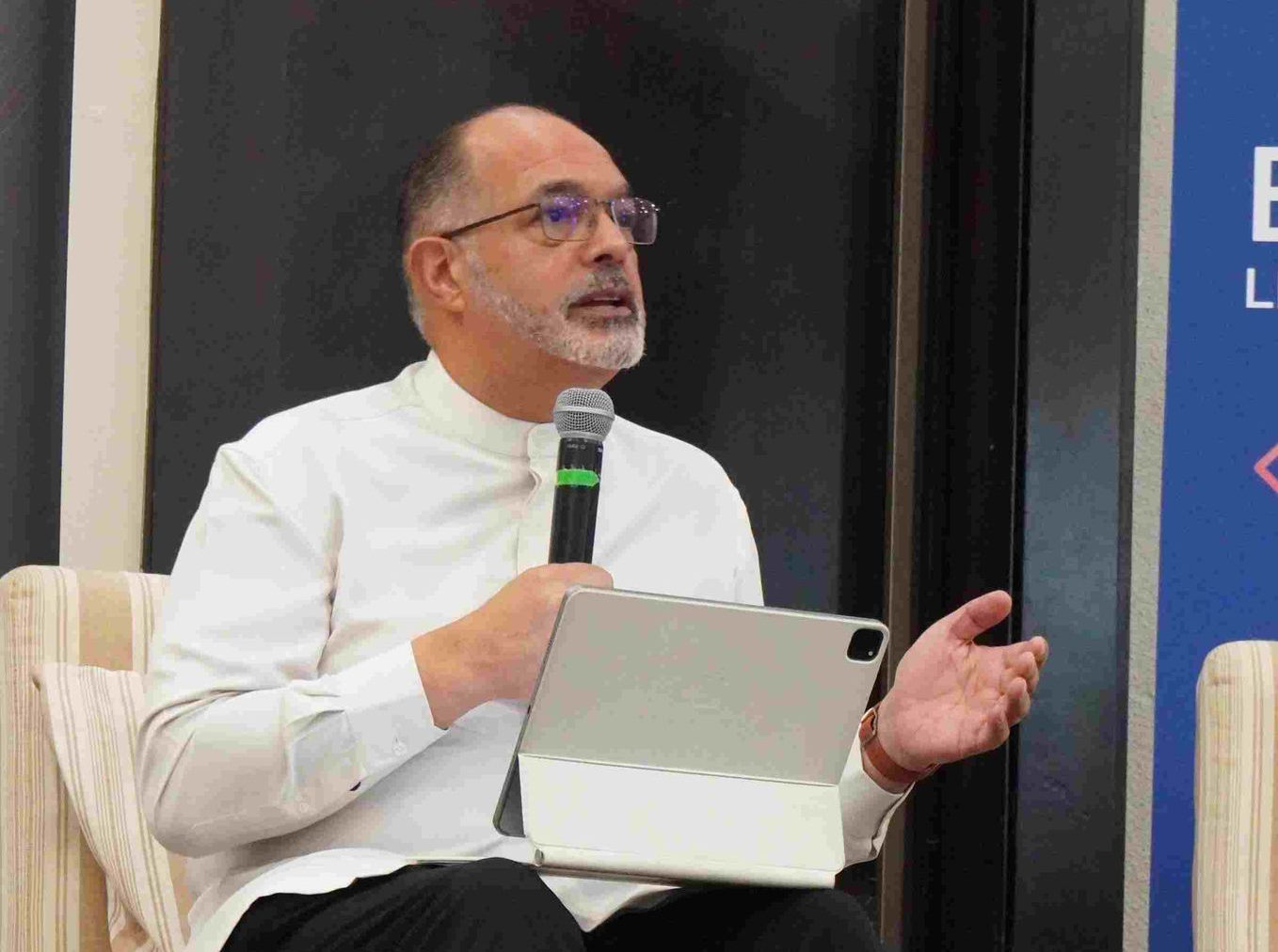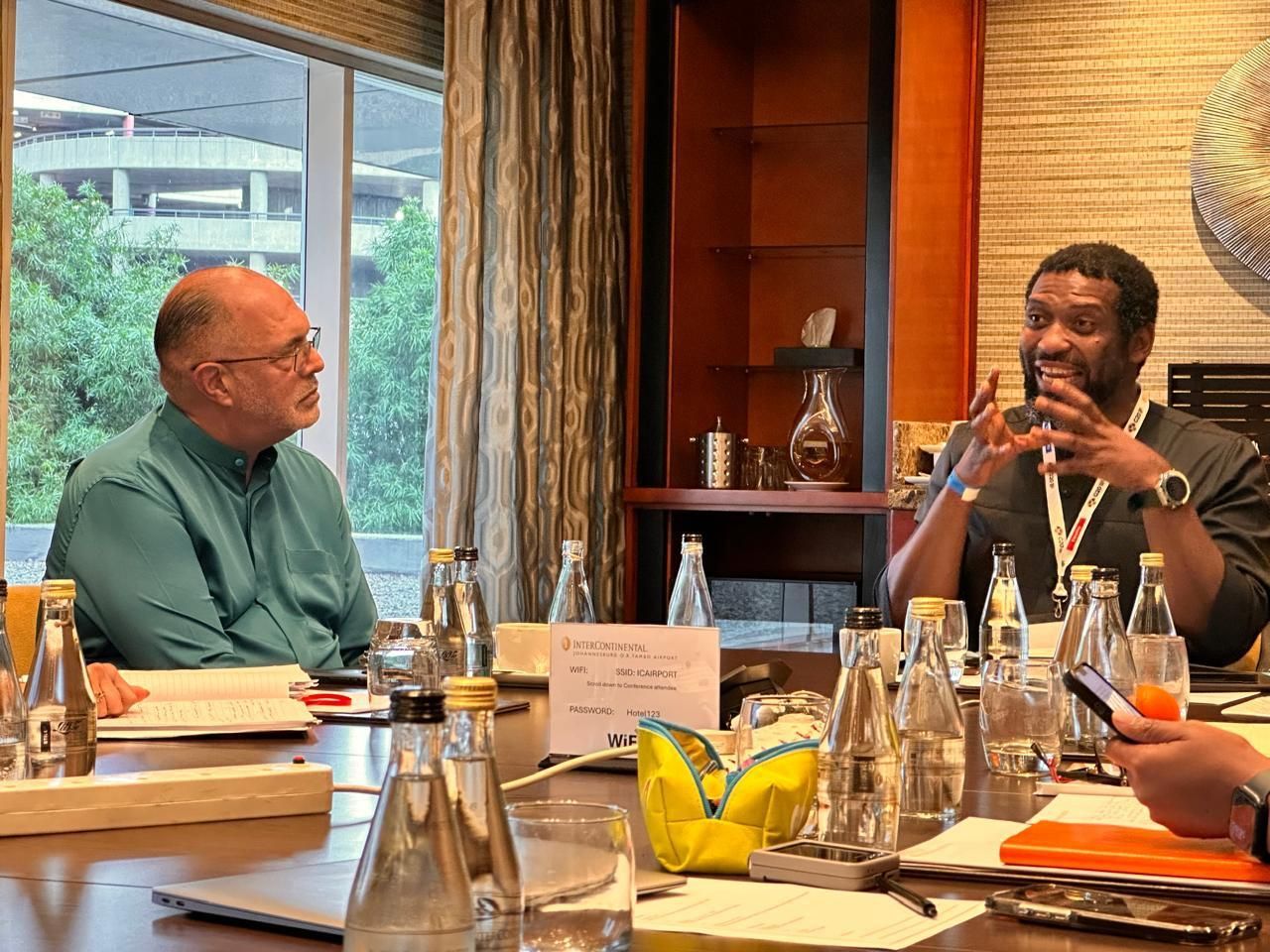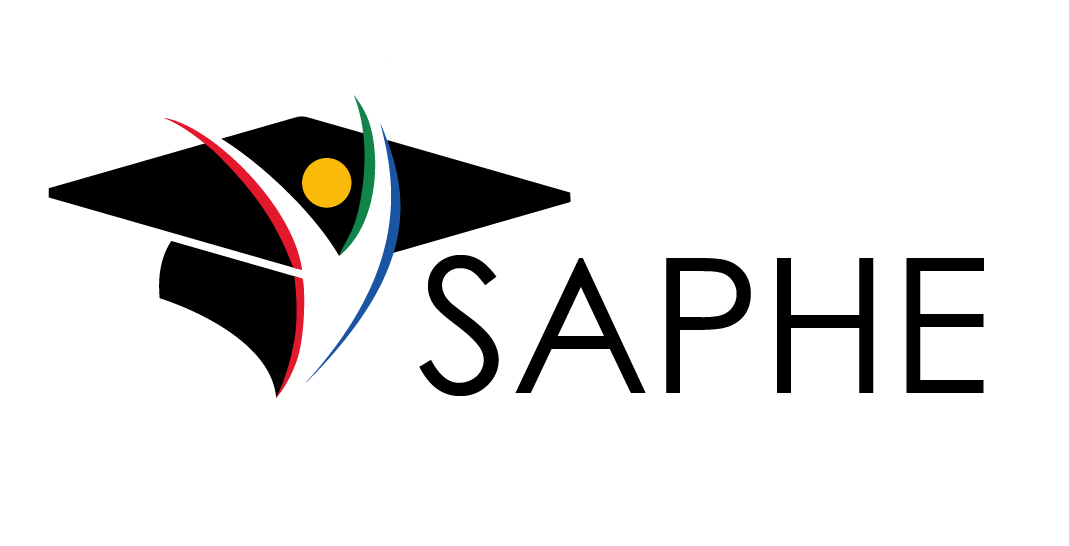December 3, 2025
A peek into the future or a glimpse into a novel research project; a celebration of academic excellence or connecting with colleagues – the 3rd SAPHE Conference, held on 5 and 6 November at the IMM Graduate School in Parktown, Johannesburg, was a vibrant Rubik’s cube of colour, choice, and possibilities. Under the theme Leading Innovation in Higher Education: Impacting Locally and Globally , the Conference served as a dynamic platform to explore, reflect on, and challenge thinking about innovation in the sector. Setting the tone with probing questions and scenarios were keynote speakers Mahlubi Chief Mabizela (USAf Director: Operations and Sector Support) and Edward Kieswetter (SARS Commissioner), delivering thought-provoking addresses on their respective days. Following them, two engaging panel discussions – one on the future of private higher education, facilitated by Africa Melane, and the other on the opportunities and challenges of Artificial Intelligence, led by Professor Ben Anderson – sparked lively debates and inspired delegates. The Conference also provided a space to showcase and promote research, with presentations across a range of themes. Delegates participated in two workshops: AI as Research Ally and Quality as Intellectual Curiosity: Rethinking Quality Assurance in Higher Education. Together with the SAPHE Excellence Awards, which celebrate academic excellence in private higher education across Teaching, Learning and Assessment, Research and Innovation, and Community Engagement, the event highlighted innovation, scholarship, and achievement in the sector. SAPHE is grateful to its gold sponsors – Cengage, Opencollab, and Juta – and silver sponsors – Oxford University Press, Van Schaik, and EBSCO – for their generous support, which helped make the Conference possible. The 3rd SAPHE Conference was not just an event but an experience – a space where ideas, innovation, and collaboration came together to shape the future of private higher education in South Africa.



